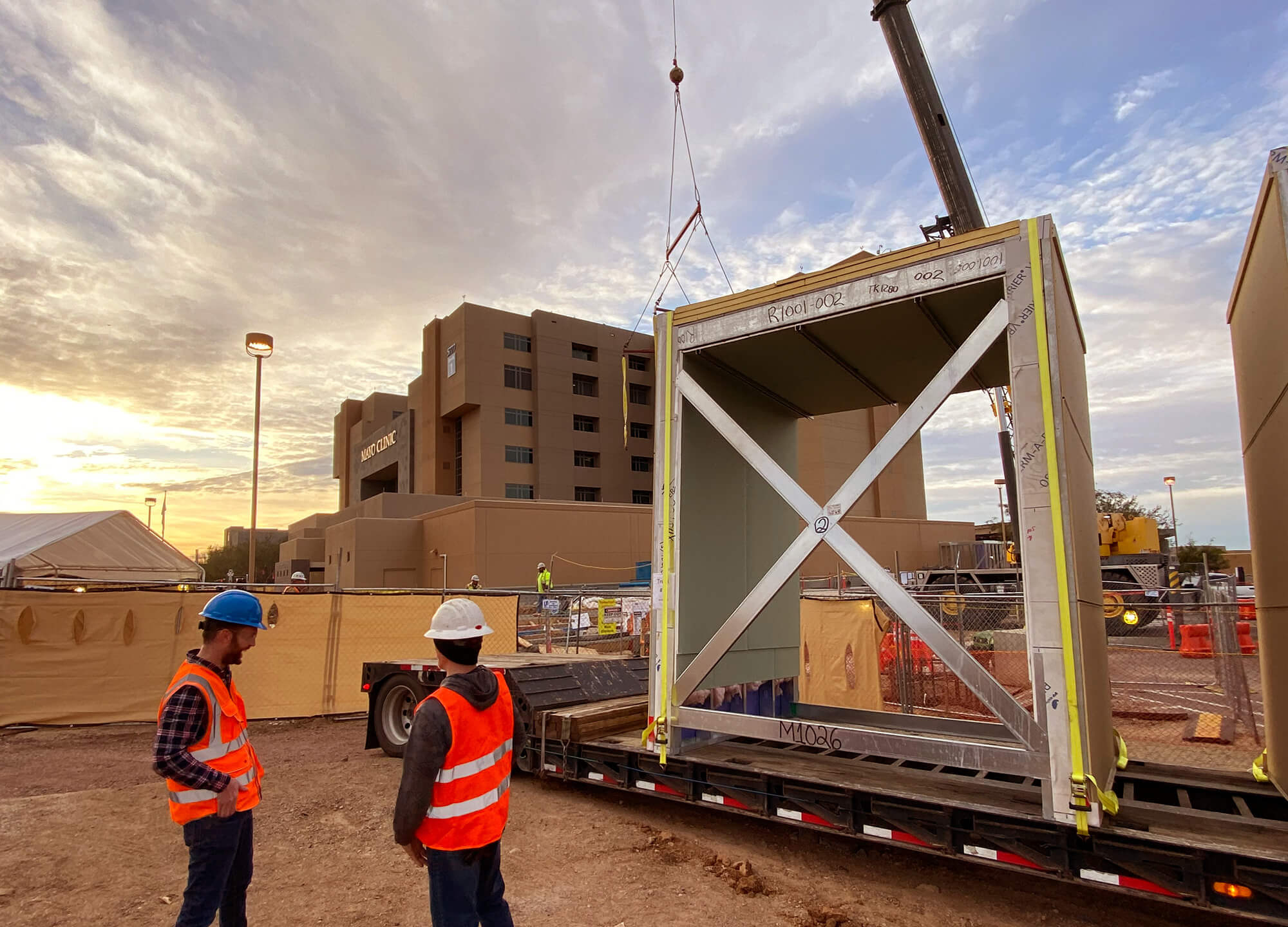
 | Stream Logistics | January 20, 2021 |
Share this Article     | As a project manager, you’re all about the details. You’re an organizer extraordinaire and a project flow-master for your clients. While they may see a humming, well-oiled machine with you—the project manager—at the helm, they likely don’t know half of what you’ve got going on beneath the hood. And you want to keep it that way. After all, that’s what you’re there for—to make your client happy and see a successful project to completion. That way, you’ll get repeat business, earn referrals, and win new business. The Role of a Project ManagerAs a project manager, your job may include:
It’s safe to say, you’ve got a lot going on — and your reputation is on the line. And to uphold your reputation successfully time and time again, you need to know what can make or break a project. Defining a Successful Project So, how do you define a successful project? Among other things, a successful project must have three things:
If you miss out on any or all of these, your supply chain is in trouble. For example, if a shipment is late, the whole project timeline will get delayed and the resulting costs could be astronomical. If shipments come out of sequence, you’ll also suddenly be faced with storage, spacing, and possibly even delivery and unloading challenges. This could end up causing traffic in the area, chaos at the job site, and a very upset client. If damaged freight is delivered, you’ll be faced with more delays and will need to quickly revise your timeline and future delivery schedules. This is where the logistics solution becomes a critical component of project management. The Importance of Logistics Management for Project Plans Your project’s success relies on smooth logistics. Without deliveries that are on time, in sequence, and intact, you simply cannot run a successful supply chain. That’s why it’s critical to think carefully about who you choose as your logistics partner and how you incorporate them into your overall project plan. The truth is, if deliveries are unreliable and result in a lengthened project timeline, increased total-project costs, and other disappointments along the way, your client will think twice about hiring you again. As a project manager, you’ve invested so much to win your clients. Intuitively, it’s easier to spend energy and effort on the things you can directly control, like manufacturing, engineering, quality, and communications. But many project managers mistakenly overlook freight shipping (until it’s too late). See, if everything else you do is perfect but you can’t get the supply chain right, your project can still crumble—your relationship with your client right along with it. So, remember the importance of logistics when it comes to your next project. Think carefully and strategically about the selection of your logistics partner, as they hold an important key to supply chain success. We believe your logistics team should add value to your process, WOW you with their strategy, and value your reputation as much as their own. If you’re looking for a logistics expert that you can trust and who knows what’s at stake, reach out. We’re here to make you the hero. |
| Have questions about carrying your load or freight? Our expert logistics team will gladly help with a free 15 minute consultation. | Get Expert Advice |